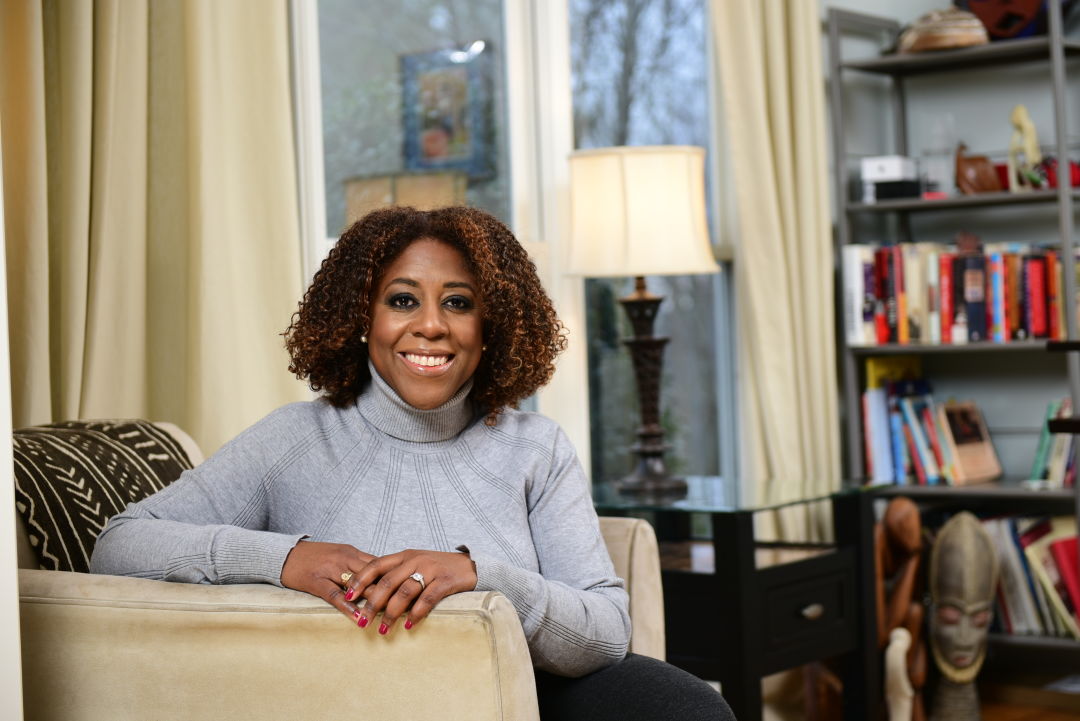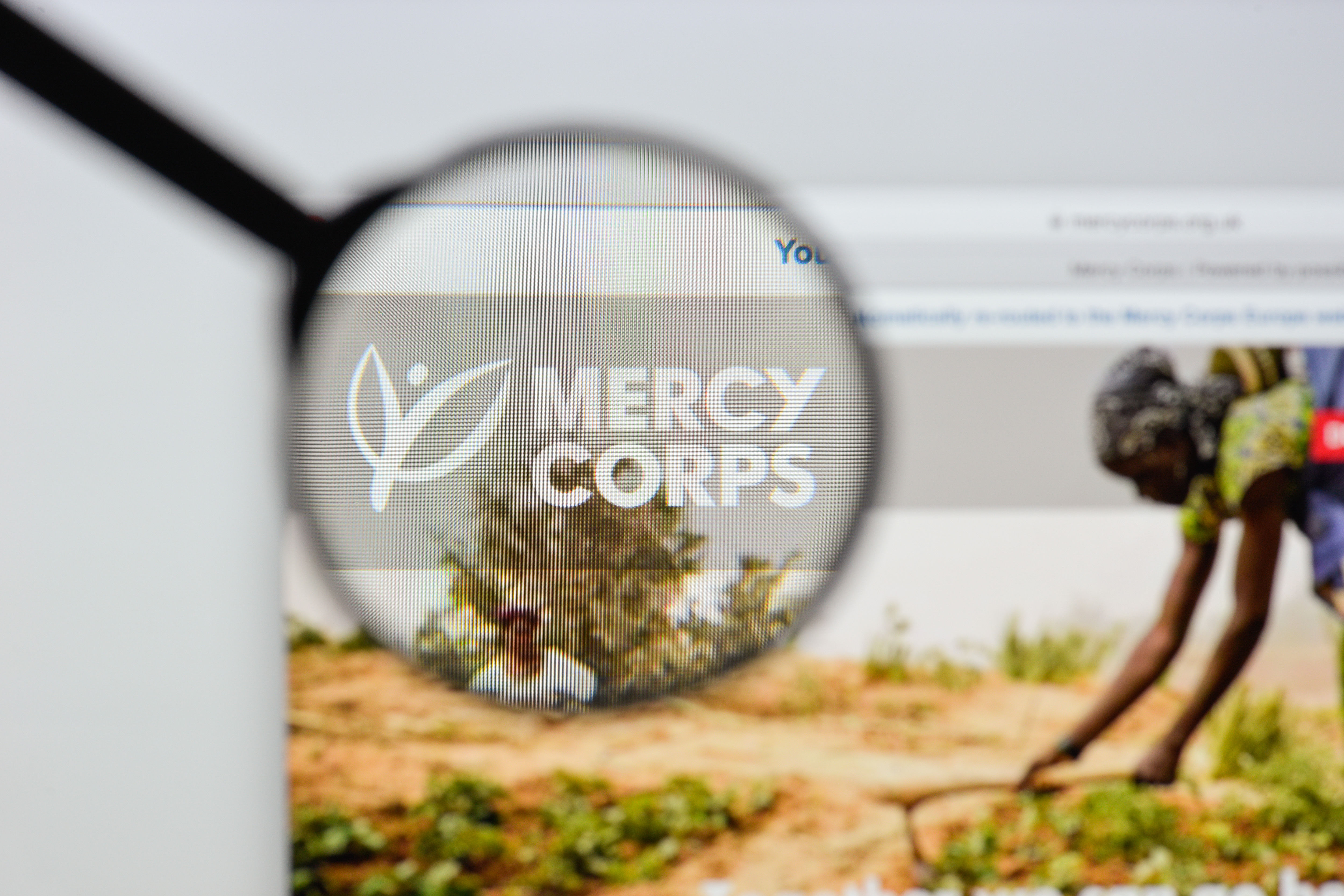After Extreme Tumult, a New Voice at the Top for Mercy Corps

Tjada D’Oyen McKenna
It’s been just one year since Tjada D’Oyen McKenna became the CEO of Portland-based humanitarian organization Mercy Corps. Back then, the world was six months into a global pandemic. And the nonprofit was weathering allegations of sexual abuse—and the failure to respond to them—that went all the way to the top. Her predecessor had resigned, and an investigation was underway that would prove damning.
D’Oyen McKenna, who has had a long career in aid work, including stints as COO at CARE and Habitat for Humanity, stepped up. The caveat? She’s not moving to Portland, and will be based in DC. But with an Oregon-born husband and more than 250 staff members here, she’ll still be spending a lot of time in our city. We connected with her via Zoom—which is how she currently visits many of Mercy Corps’s countries of operation—to find out more about her plans for the global charity.
What was it like taking the job at a time when the organization was experiencing a huge amount of upheaval?
I came in knowing that the organization was grappling with this history and this past. And I came in knowing that we had the second investigation going on, and that some of the findings were troubling. What I didn't know coming in, was how troubling the second report would be. Furthermore, the staff dealt with that, and they were also dealing with COVID. And living in places with strict lockdowns. And Black Lives Matter. And the Portland protests. So I really have been amazed by the resilience and the stamina of our team, especially the Portland-based team members.
You’ve been transparent about the results of the investigation (which concluded that Mercy Corps’s cofounder may have sexually abused multiple children), and it’s clear the organization didn’t handle things as they should. What does that mean going forward?
We made the decision to make all of that public, because we needed to get it out there. We felt like it was important to be open and honest, to own our past and to own where we had failed, so that we learn and others learn as well. I really learned a lot and have been humbled by the resilience of Miss Culver Humphrey [who brought the sexual abuse to light] and by her braveness and willingness to spend time with us to get this right.
What is your vision for the organization?
We’re bigger now. It is time for us to have more explicit conversations on, [for example], the culture of integrity. There’s [now] an ethics officer for us to have explicit conversations about how we’re doing things and not just assume that everyone knows the right thing. And really focusing on the impacts of COVID [and climate change]. We’ve lost about two decades’ worth of gains—how do you rebound from that quickly? And then the third thing is this continued focus on innovation.
Can you give an example of that innovation?
We’re testing the use of cryptocurrency and digital currency to see if they can be of use in refugee settings. Another program created a digital world for farmers where they can get weather information, they can tell each other where locusts are, they can get finance information—it’s an all-in-one ecosystem.
What’s been the best moment at the helm thus far?
I was on the phone with our leadership team in Somalia. And one of the women on the team told me that she started off as the person who delivered tea. And now, 15 or 17 years later, she’s running HR for the office there.
Where does Portland fit into this?
Portland is the heart of Mercy Corps. We were founded there [in 1979]; it’s where we have the biggest concentration of full-time staff. That doesn’t change just because of where I sit. I think Portland needs to be really proud of having this world-class global organization that continues to thrive in the Northwest.
What are your hoping your legacy at the organization will be?
I want people to look back and say, she was what we needed at that time.




